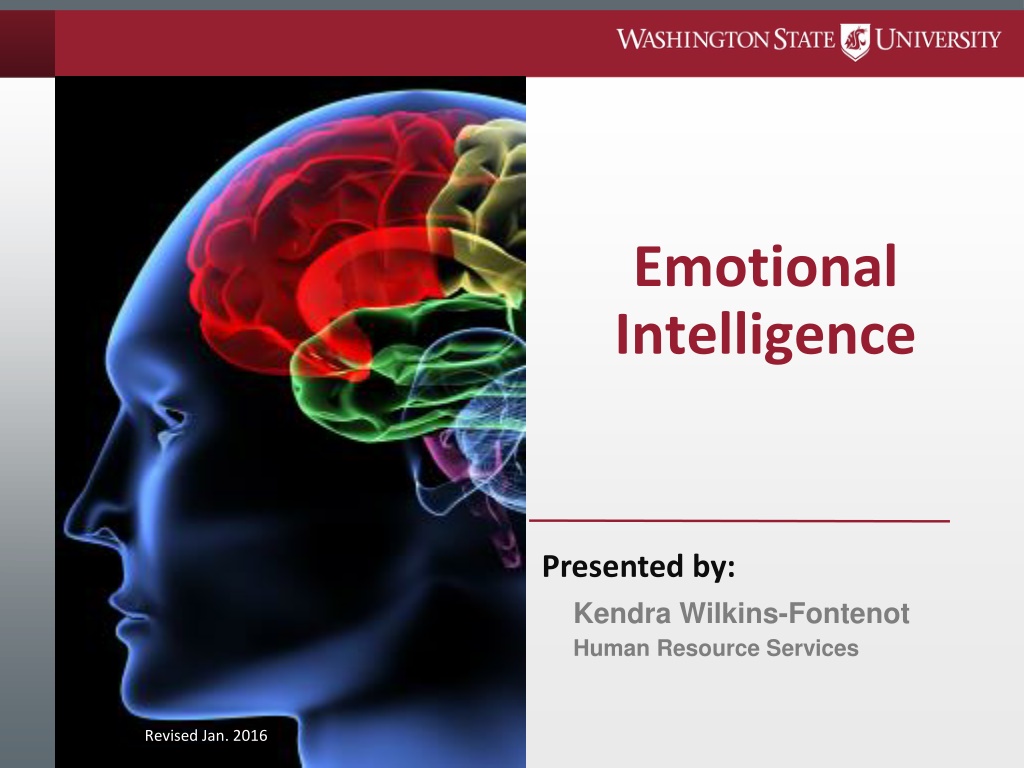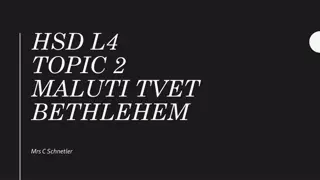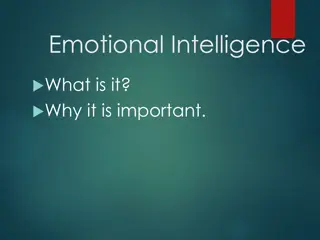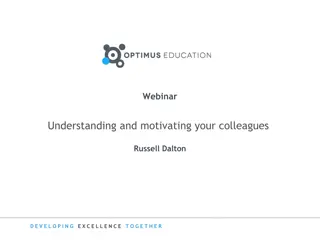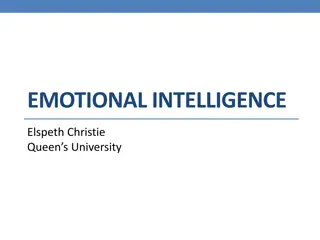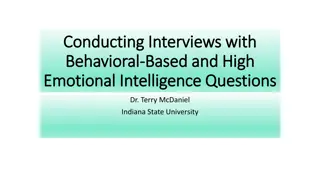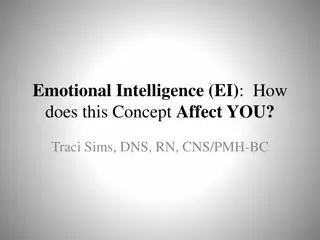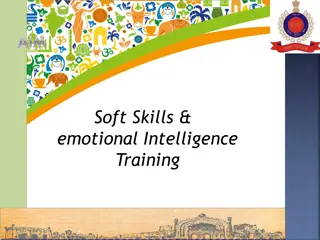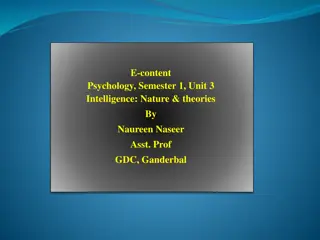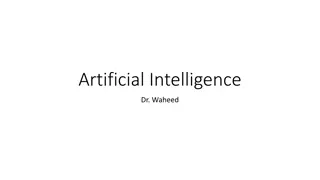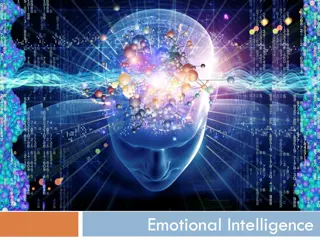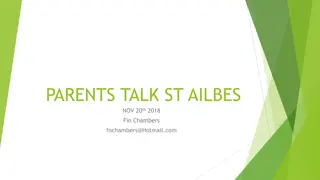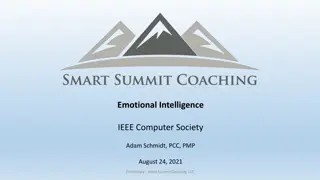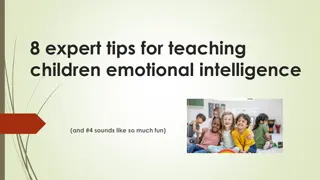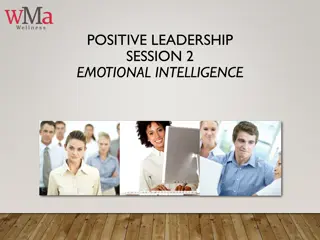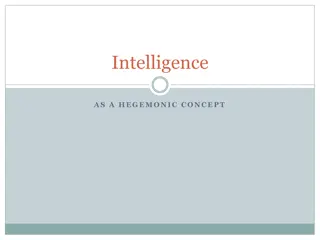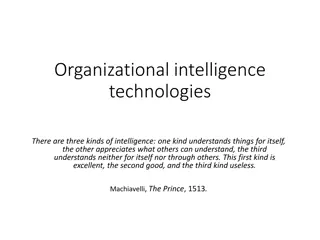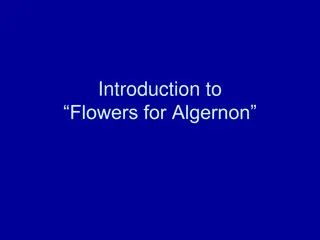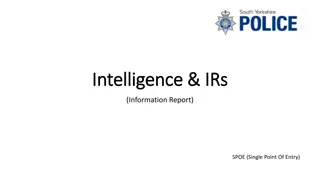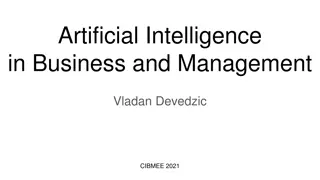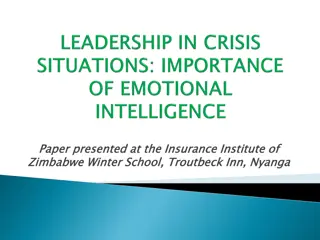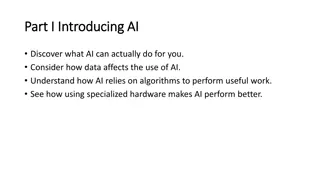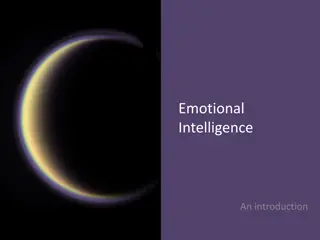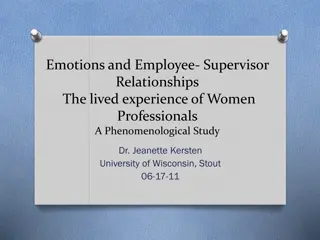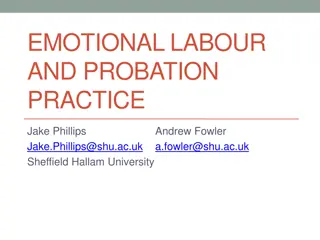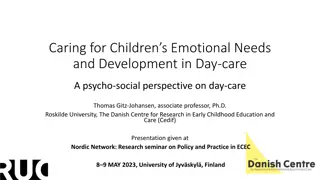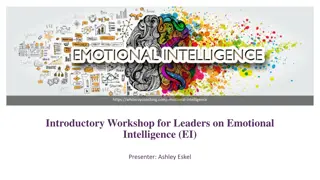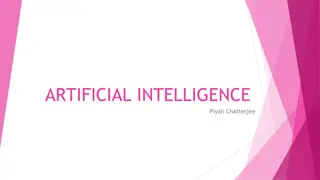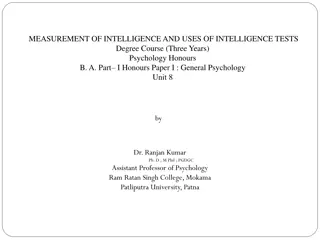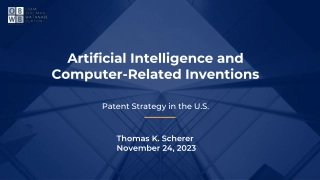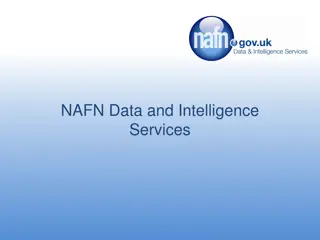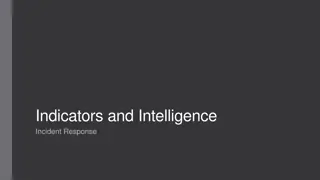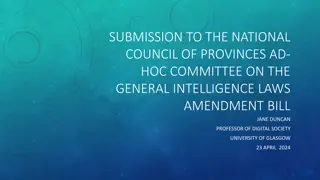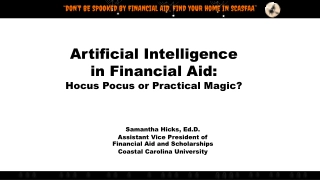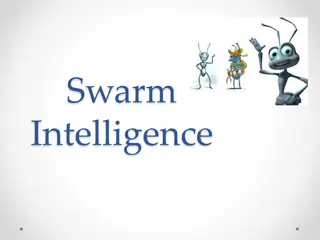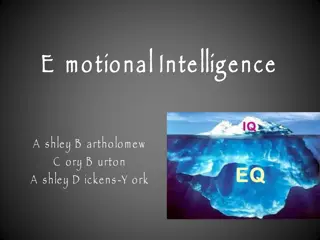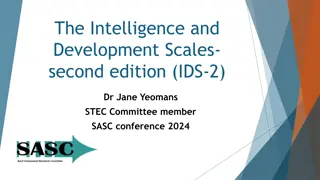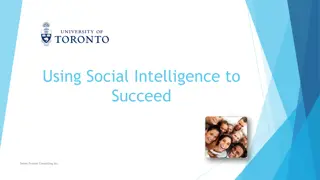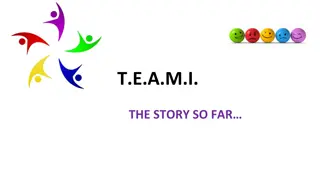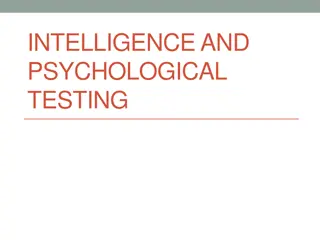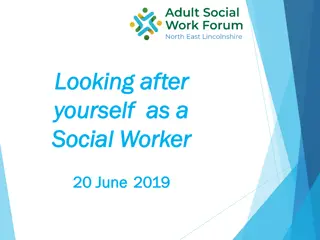Understanding Emotional Intelligence: Key Concepts and Applications
Emotional Intelligence (EI) is the ability to perceive, express, understand, and regulate emotions in oneself and others. It involves personal competence (self-awareness, self-management) and social competence (social awareness, relationship management). EI is essential for interpersonal communication, leadership development, and navigating social interactions effectively. This article dives into the definitions, importance, and practical implications of EI in various aspects of life.
Download Presentation

Please find below an Image/Link to download the presentation.
The content on the website is provided AS IS for your information and personal use only. It may not be sold, licensed, or shared on other websites without obtaining consent from the author. Download presentation by click this link. If you encounter any issues during the download, it is possible that the publisher has removed the file from their server.
E N D
Presentation Transcript
Emotional Intelligence Presented by: Kendra Wilkins-Fontenot Human Resource Services Revised Jan. 2016
Emotional Intelligence What is it? Why does it matter to me? What can I do with it? Emotional Intelligence(EI) is a concept that relates to how we understand and manage ourselves and how we relate to others.
Defined The ability to perceive and express emotion, Assimilate emotion in thought, Understand and reason with emotion, and Regulate emotion in self and others (Mayer, Salovey and Caruso)
Emotional Intelligence - AKA Executive Competencies Interpersonal Communication Relationship Management Social Intelligence Leadership Development
IQ vs EQ IQ EQ Cognitive, intellectual, logical, analytical, and rational abilities Emotional, social, communicative, and relational abilities Personal information bank- memory, vocabulary, etc. Grasping own as well as others wants and needs Gauges how well one copes with environmental demands and pressures Gauges how well one acquires and organizes new knowledge
Four EQ Skills PERSONAL COMPETENCE SOCIAL COMPETENCE What I See Self Awareness Social Awareness Relationship Management What I Do Self Management Model: The Emotional Intelligence Competencies of High Achievers 1998 - Daniel Goleman
Personal Competence Self Awareness What I See Ability to recognize your emotions as they happen and understand your general tendencies for responding to different people and situations
Personal Competence Self Management What I Do Using awareness of your emotions to choose what you say and do in order to positively direct your behavior
Social Competence Social Awareness What I See Understanding where the other person is coming from, whether you agree or not
Social Competence Relationship Management What I do Using awareness of others emotions to choose what you say and do in order to positively direct behavior
Four EQ Skills PERSONAL COMPETENCE SOCIAL COMPETENCE What I See Self Awareness Social Awareness Relationship Management What I Do Self Management Model: The Emotional Intelligence Competencies of High Achievers 1998 - Daniel Goleman
Impacts and Success Helps individuals in their strive for success in living, working, learning, and social interactions with self and others.
Image:EQ Emotional Quotient map.svg The Bar-On model (associated with the EQ-i assessment)
Exercising your EI Enhance better communication Improve personal relations Coach others Manage change Deal with conflict Improve productivity Build teams Promote better work environment Retain employees
NOT Exercising EI Lack of leadership Conflict situations No team work Decreased personal productivity Unsatisfied workforce Higher labor turnover Unsatisfied customers
Developing EI Listen to your self and your emotions Identify and classify emotions Note difference between having and acting on emotions Learn to distract Take the time to note your impact on others Set goals internally or written Slow Down, Think, Act
The Bottom Line (Ospina and Yaroni) Moving from Mandated to Genuine Cooperation The new line manager must be more people oriented Coaching and teamwork are the predominant functions
As we look aheadleaders will be those who empower others. - Bill Gates
This has been a WSU Training Videoconference If you attended this live training session and wish to have your attendance documented in your training history, please notify Human Resource Services within 24 hours of today's date: hrstraining@wsu.edu
